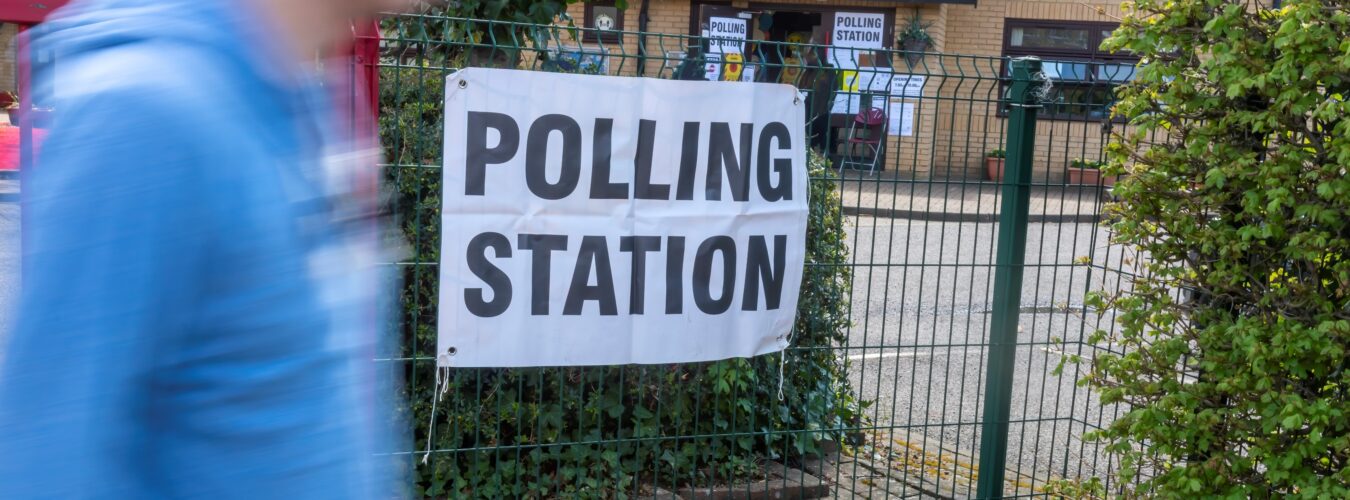With this year’s UK general election, and given the different standpoints of the political parties, it could be prudent to review financial planning once manifesto commitments are clear.
Even if there’s ultimately no change of government next year, it’s likely that in the run-up to an election Chancellor Jeremy Hunt will announce some changes to fiscal policies in his Spring Budget on 6 March.
Inheritance Tax
It had been anticipated that there may be a cut in inheritance tax (IHT) – with a promise to consider scrapping IHT if the Conservatives stay in government. At the beginning of February, however, the Chancellor warned there was no longer as much scope for tax cuts. This coincided with warnings against tax cuts from the Institute of Fiscal Studies and the International Monetary Fund.
Shadow Chancellor Rachel Reeves has yet to announce personal tax-related pledges ahead of an election, but Labour might seek to cut IHT reliefs such as Business Relief (formerly known as Business Property Relief) by tightening the rules on ownership percentages and timeframes. This exemption for unquoted shares in trading companies is currently set at 100% relief and kicks in two years after shares are purchased.
Non-domicile tax regime
One promise Labour has made is to abolish the present non-domicile tax regime, and Shipleys is already talking to individuals who are concerned about this proposal.
Capital gains tax
Again, it’s unclear if Labour will increase the current 20% rate of capital gains tax (CGT). However, history shows that CGT is the one major tax which has been changed in an emergency budget immediately after a general election – the increase in CGT to 28% for higher rate taxpayers in June 2010.
Rumours that Labour is considering charging CGT at the same rate as income tax are just speculation at this stage.
Whenever this has been the case in the past, there has been a mechanism to reduce the gains on long-held assets – previously indexation, and more recently taper relief. It’s hard to see the higher rate coming in without something similar.
A waiting game
Currently – or at least until the Spring Budget in March – tax rates, tax reliefs, and other rules around both IHT and CGT are known factors and strategies for tax-efficient financial planning can be pursued accordingly.
However, clearly, there is always the possibility of policy changes with general elections, so there’s no harm in giving this some thought if you are looking to make arrangements for the gifting of assets to family/friends – or if you are thinking of selling assets on which you will make a gain.
Before making any decisions or taking action, please first speak to your usual Shipleys contact or one of the specialists shown on this page.
Specific advice should be obtained before taking action, or refraining from taking action, in relation to this summary. If you would like advice or further information, please speak to your usual Shipleys contact.
This article first appeared in our Winter 2023/24 Shipshape Magazine and has been updated in view of recent announcements.
Copyright © Shipleys LLP 2023















